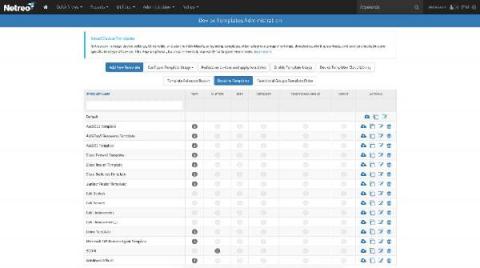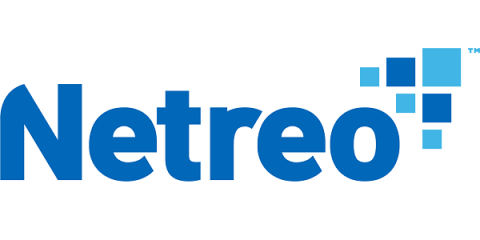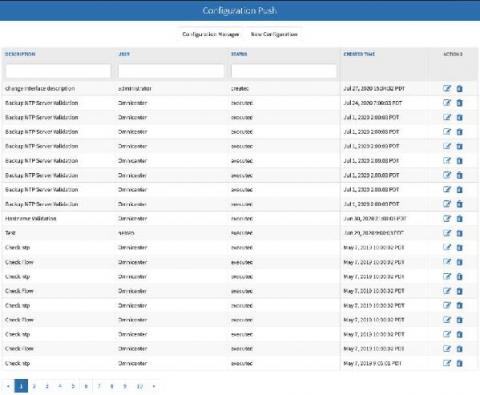What Is Network Traffic Analysis? A Helpful Walkthrough
Network traffic analysis is the method of collecting, storing, and analyzing traffic across your network. Traffic data is collected in or near real time so you can have up-to-the-second information about what’s happening. This allows you to take action immediately if a problem arises. You can also store this data for historical analysis.










